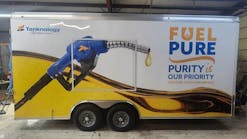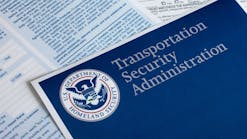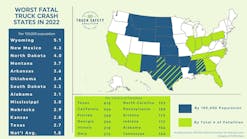The U.S. Department of Transportation’s National Highway Traffic Safety Administration (NHTSA) recently issued a final rule to modernize Federal Motor Vehicle Safety Standards and clarify ambiguities in current occupant protection standards for vehicles equipped with automated driving systems that are designed without traditional manual driver controls.
The rule amends several crashworthiness regulations to clarify safety standards for automated vehicles equipped without manual driver controls, NHTSA said. The rule also exempts automated vehicles designed never to carry any human occupants, including human drivers, from crashworthiness standards.
NHTSA’s final rule is one of a series of regulatory actions that NHTSA has taken to further modernize vehicle standards for new technologies. The rule will not change existing occupant protection requirements for traditional vehicles with manual driver controls.
“With more than 90% of serious crashes caused by driver error, it’s vital that we remove unnecessary barriers to technology that could help save lives,” said James Owens, NHTSA’s deputy administrator. “We do not want regulations enacted long before the development of automated technologies to present an unintended and unnecessary barrier to innovation and improved vehicle safety.”









